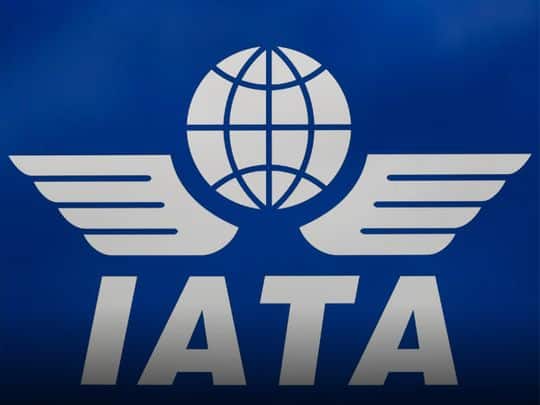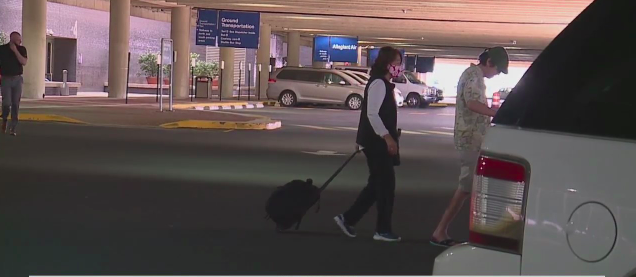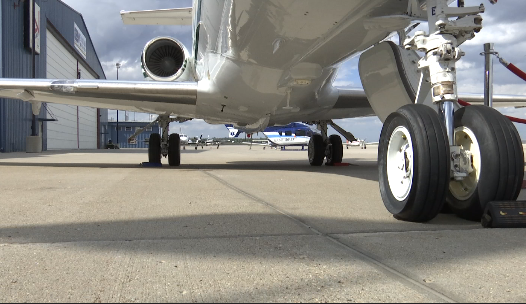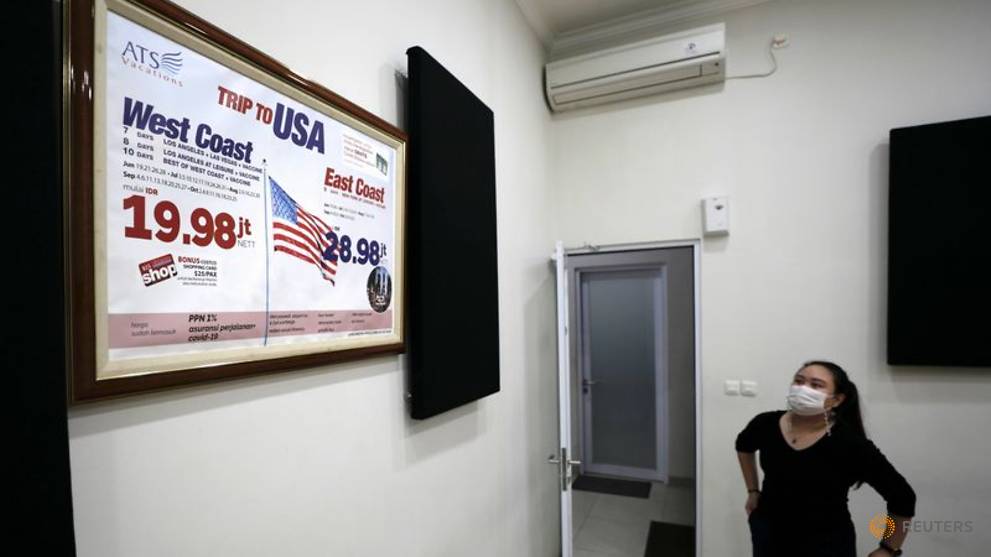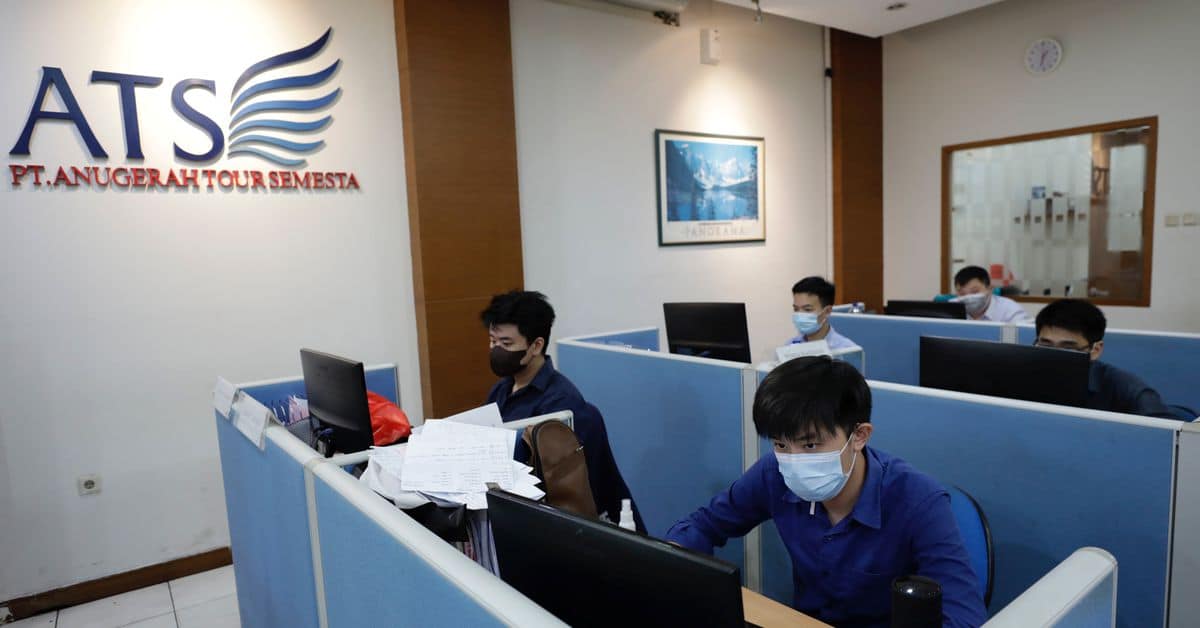
Mark Pestronk
Q: Most tour operators have provided future journey credit (FTCs) to the possible contributors whose excursions had been being canceled, postponed or rescheduled as a result of pandemic. Do you consider that the operators can be able to honor all these credit? If not, might journey organizations be accountable for recommending that customers accept FTCs?
A: A variety of tour operators deficiency the cash to shell out suppliers the quantities that can be crucial for future excursions. As a consequence, there’s a gap in between the operators’ claims to FTC holders, on the an individual hand, and the operators’ ability to fulfill their claims, on the opposite.
In some cases, suppliers have presently been compensated, however in my sensible expertise, a number of haven’t. Alternatively, operators have spent buyer deposits on present features of their wrestle to proceed to be in small enterprise.
My information comes from inspecting the monetary plight of tour operators which are candidates for acquisitions. Sometimes, the lesser the tour operator, the much less revenue it has readily available to fulfill its FTC commitments.
Other than in California, Washington and Hawaii, U.S. pointers don’t want operators to carry shopper deposits in place confidence in proper up till they pay suppliers. Even in California and Washington, operators might stay away from trust-account requirements by posting a surety bond. Lastly, even when the money are speculated to be held in trust in, violations should not uncommon.
Compounding the issue is that, to induce a participant to simply accept an FTC, plenty of operators adopted the cruise strains’ tactic of a credit score equal to 110% and even 125% of the amount of cash paid out. So these individuals operators would require to subsidize upgraded journeys with income that they only you shouldn’t have.
One more element of this challenge will contain neighborhood suppliers, this type of as vacation spot administration corporations (DMCs). Even when they’ve already been paid out, it’s questionable no matter whether or not they are going to be prepared to remain in enterprise prolonged sufficient to supply the services and products by now paid out for. The DMCs could nicely successfully have by now used the income making an attempt to stay afloat them selves.
As a consequence of this FTC catastrophe, I forecast a wave of bankruptcies, closures and acquisitions within the tour operator trade. If a shopper’s FTC by no means ever will get honored, might a retailer be held liable for a refund?
Companies and advisors are liable just for their particular person negligent features or omissions. A disgruntled shopper might conceivably allege that it was negligent for an advisor to advocate an FTC instead of a refund devoid of investigating regardless of whether or not the operator might make superior on the FTC guarantee. These sorts of an argument assumes {that a} refund had been provided as an choice, which it generally was not, and {that a} retailer can in a roundabout way look into the funds of an operator, which is unachievable in train.
So I can’t see how a disgruntled shopper might prevail, however it’s at all times supreme to forestall these sorts of claims within the very first location.
That’s why, for the earlier calendar yr, I’ve been introducing a clause to my disclaimers stating that the corporate has no obligation for recommending an FTC. You’ll be able to acquire pattern disclaimers at www.pestronk.com/sources.
















